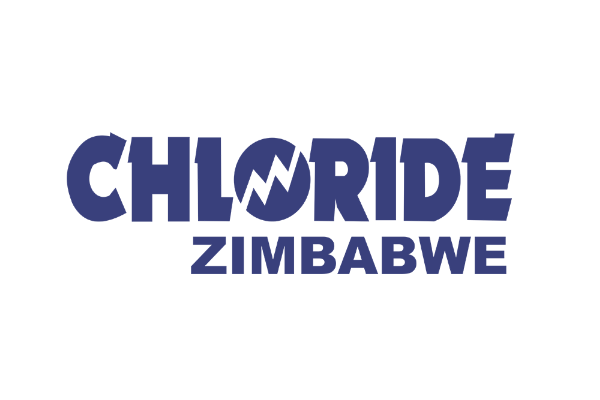Mining Zimbabwe can report that ART Holdings’ flagship unit, Chloride Zimbabwe, has shelved its plans to manufacture lithium batteries this year, citing bottlenecks in the local manufacturing environment.
By Ryan Chigoche
Chloride, the largest battery manufacturer in Zimbabwe, had initially planned to start assembling lithium batteries this year, with a long-term goal of manufacturing them. Given Zimbabwe’s substantial lithium resources, it was anticipated that Chloride would quickly enter the lithium production sector. The country is home to some of the largest lithium deposits globally, with reserves estimated at up to 23 million tonnes. This positions Zimbabwe as a significant player in the global market, particularly as demand for lithium, crucial for battery technology, continues to rise.
Despite Zimbabwe’s significant lithium deposits, ART Chief Financial Officer Abisai Chingwecha told Mining Zimbabwe that the company will not be manufacturing lithium batteries due to the challenging local manufacturing environment. He mentioned that while manufacturing is not currently feasible, Chloride may consider assembling batteries in the future.
“Given the current constraints in obtaining long-term capital and the difficult manufacturing environment in Zimbabwe, we are not looking at manufacturing lithium batteries at this time. However, we will explore assembly partnerships in line with trading volumes. Currently, we are focused on maximizing and ensuring the availability of our products in existing markets,” Chingwecha said.
Chloride, like many local manufacturers in Zimbabwe, faces significant challenges due to a lack of long-term funding. The scarcity of sustained financial support limits the company’s ability to invest in advanced technology and scale up production effectively. This issue is not unique to Chloride but reflects a broader struggle within Zimbabwean industries.
Adding to that, the manufacturing sector in Zimbabwe is also confronted with multiple challenges that hinder growth and efficiency. Persistent power outages disrupt production schedules and increase operational costs. Additionally, the Reserve Bank of Zimbabwe’s retention policy on export earnings complicates access to foreign currency, while policy inconsistency creates an unpredictable business environment that deters investment.
Currently, Chloride produces nearly 50,000 batteries per month and plans to install an oxide mill to boost its production capacity to approximately 70,000 batteries per month. This move is part of a broader strategy of incremental investments in production capacity over the past decade.
Since its acquisition by new shareholders in 2014, Chloride has made substantial investments in its manufacturing processes. Initial investments included US$800,000 in an acid-filling machine that reduced waste by 20% and increased monthly production to 14,000 batteries. In 2015, the company invested US$3 million to upgrade machines and enhance production quality, improving capacity to 20,000 batteries per month, reducing waste from 7% to 1.5%, and cutting production costs from US$50 to US$42 per battery.
In 2017, Chloride expanded its production further with a US$2 million investment in a plastic manufacturing plant, localizing the production of battery cases and increasing capacity to 35,000 batteries per month. More recent internal modifications have raised capacity to 40,000 batteries per month in response to rising demand and power challenges.
Currently, Chloride exports 40% of its products, with 80% going to Zambia and the remainder distributed to Malawi and Mozambique. However, in the domestic market, the company faces intense competition from low-cost imports and imitators of its flagship brand, Exide. Despite these challenges, Chloride remains committed to producing high-quality, cost-effective products. The upcoming new plant is expected to support this goal by reducing production costs and making its products more competitively priced.
Lead remains a major cost component in battery production, accounting for 65% of total production costs and 80% of raw material costs. Chloride sources its raw materials from South Africa, South Korea, Europe, and locally, spending approximately US$400,000 per month on imports. To mitigate the impact of these costs, Chloride has entered into a trading arrangement with Korean company Taesung. This agreement allows Chloride to receive raw materials in advance, produce and sell batteries, and make payments over five months, thus helping to maintain cash flow.
The value addition of lithium resources presents a transformative opportunity for Zimbabwe. By advancing into lithium production, the country can leverage its mineral wealth to drive economic growth, create jobs, and foster technological advancements. Lithium, essential for manufacturing high-performance batteries used in electric vehicles and renewable energy storage, could stimulate industrial development and increase export revenues.
Furthermore, developing a domestic lithium industry would reduce reliance on raw material exports, enabling Zimbabwe to capture a greater share of the value chain and support broader economic stability and growth.
.png)




